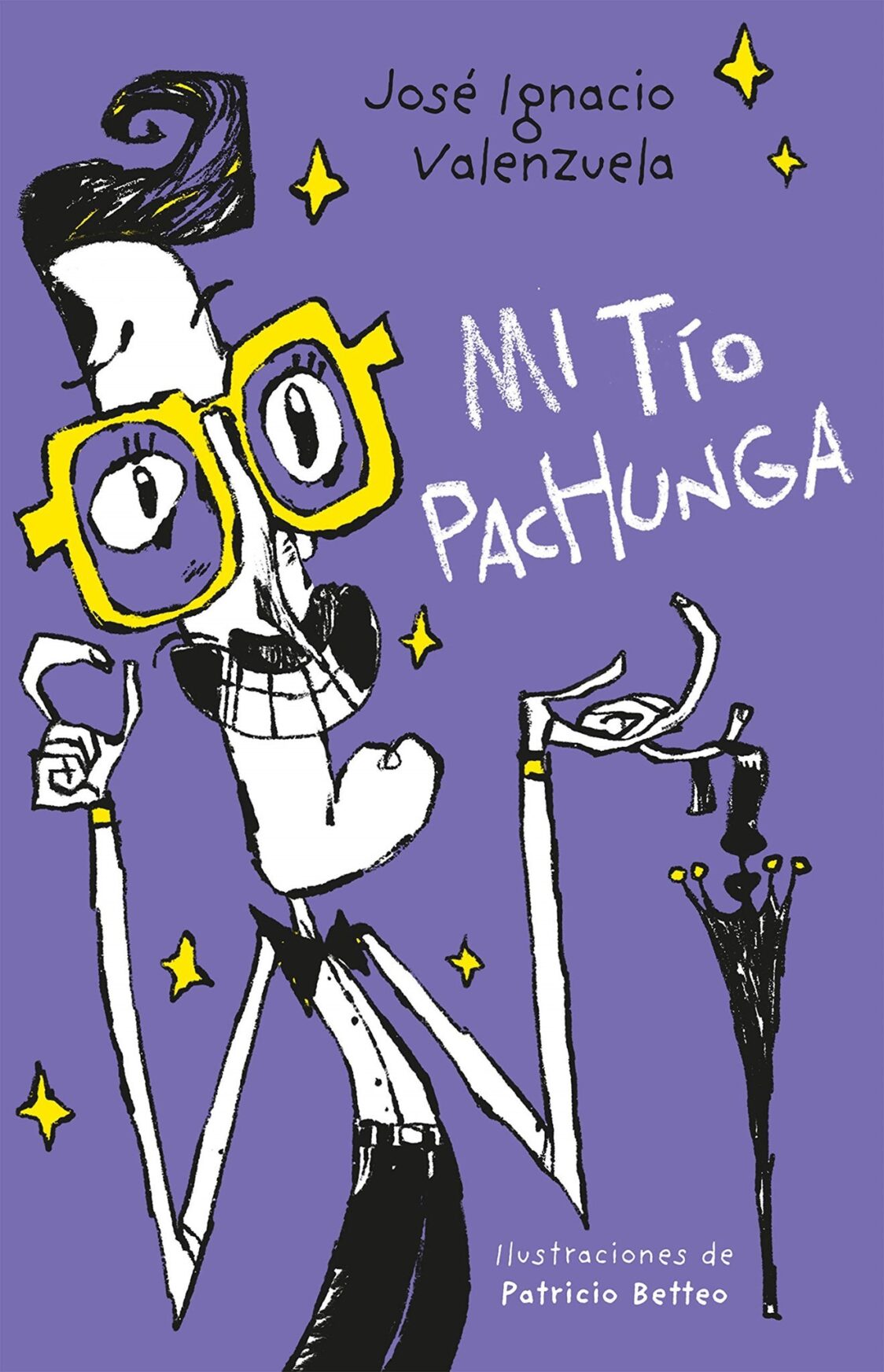Obsessed with making the world more beautiful.
Eva fondly remembers the summer that changed her life: when she met her favorite person in the entire world, the incomparable and flamboyant Uncle Nino. This was long ago when she was just 10 years old, and she had little understanding of why her parents argued so much, or why she still hadn’t figured out what she wanted to be when she grew up, or why her family had always pushed Uncle Nino aside. Now she is an astrophysicist, a passion that began thanks to the enthusiasm that her uncle had instilled in her that wonderful summer she spent with him… the best summer of her life.
The summer began like this: Eva’s parents dropped her off at her uncle Nino’s house so that they could take a trip alone and maybe get their marriage back on track. Eva did not know her Uncle Nino, and her parents did not seem particularly fond of him. To top it off, her uncle was certainly not the typical adult she was used to dealing with. He loved to dress in a mixture of bright colors and different patterns (although always in a very elegant way) and wore quirky yellow glasses and perfume so strong that you could smell him from a mile away. He was not married and had no children, but collected a lot of knick-knacks that he displayed and cared for on the shelves of his big, empty house. He also had a high tone of voice, always put special emphasis on the ends of words, only sang old songs that nobody recognized (his idol is the singer Gloria Gaynor), liked to dress up on the weekend, had a fat cat named Adonis that followed him everywhere, and used the word “pachunga” to express any and every kind of emotion, from anger to joy and everything in between. There is no one else like him. Maybe that’s why Uncle Nino didn’t have much of a relationship with his family or many friends, but this was exactly why Eva adored him.
Uncle Nino had the best house rules: obey whoever is the best dressed (which was always him), always sneeze facing to the north to prevent germs from going towards the south, always sing “Las Mañanitas” near a window to cheer up the roses in the garden, use the word pachunga regularly, always match your socks to your accessories… and many more.
Uncle and Eva loved to turn the house upside down with lanterns, cloth, incense, cardboard boxes, and steam from the shower, and all sorts of gadgets, to recreate all the necessary scenarios for their adventures. Like, for example, that they were famous archaeologists investigating the crypt of Pharaoh Pachunga the third, or that they were the famous chefs coming up with the perfect bread recipe, or that they were astronauts exploring the universe.
Together with her uncle, Eva discovers many things about life and herself. Despite the teasing provoked by their dancing and singing in the street, or despite the obnoxious neighbor who called him a “fairy” whenever he would get angry at Uncle Nino, Eva learns that, although there are painful words like “fairy”, or “divorce”, one must always see the good side of everything, and that is the key to real happiness.
The end of summer came and brought with it the end of many conflicts, as well as the beginning of others. Together, they discovered that, despite everything, they had the power to make the world a better place; a more pachunga place.
RELEVANT DATA: José Ignacio (Chascas) Valenzuela is the writer behind the successful Netflix series ¿Quién mató a Sara?, which has become the best non-English language release in the history of the platform in the United States. He has more than thirty published novels and thirteen television series and films in Chile, Mexico, the United States, and Puerto Rico. He was selected by About.com magazine of The New York Times as one of the ten best young Latin American writers.
As a screenwriter, he has received many awards such as Best Screenwriter of the Year by the PROCO Communication Institute and the Diosa de Plata International Film Festival. He was nominated for an Emmy Award (Suncoast Chapter) for his work as writer of the television series Amores. His telenovela La casa de al lado, broadcast by Telemundo (the second-largest Spanish-language content provider in the United States), won “Best Novel of the Year” at the Miami Life Awards. His telenovela Santa Diabla, also broadcast by Telemundo, received “Novela of the Year” at the Tu Mundo Awards.
My Pachunga Uncle (Mi tío pachunga) discusses a variety of topics, such as curiosity and the importance of trying things without fear of failure, as well as deeper issues such as discrimination, bullying, homophobia, and divorce. It uses the world of imagination to subtly explore these themes in an educational, yet entertaining way.
What the critics have said:
“A fresh, dynamic and very moving read.” susanapeix.com (literary blog)
AUDIOVISUAL POTENTIAL: TV Series, Miniseries, Film, TV Movie.
LANGUAGES AVAILABLE: Spanish.

Adquirir los derechos
Para ponerte en contacto con nosotros completa el siguiente formulario y te responderemos en breve.
Error: Contact form not found.

